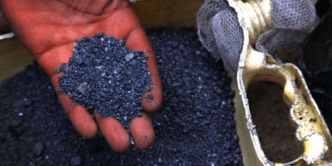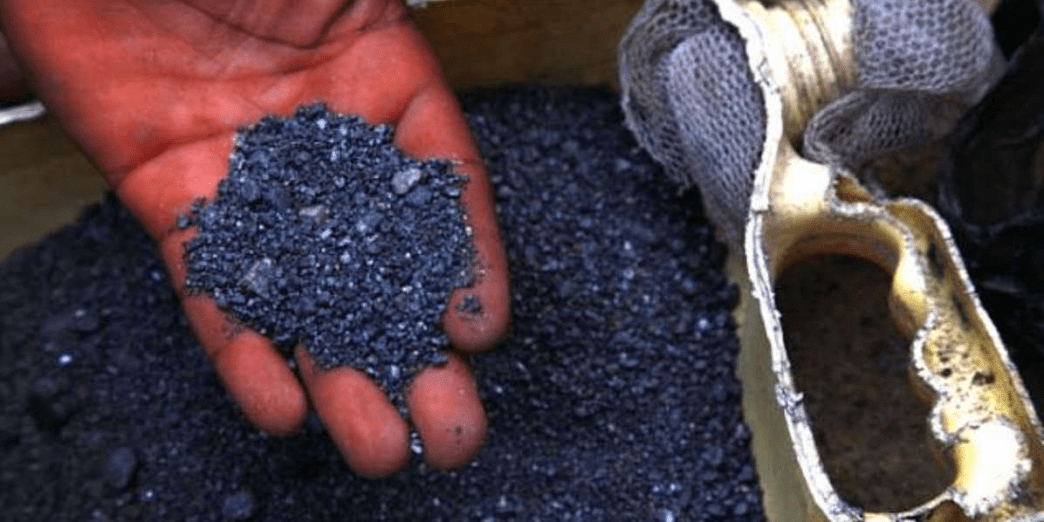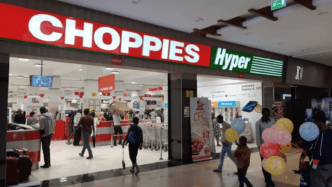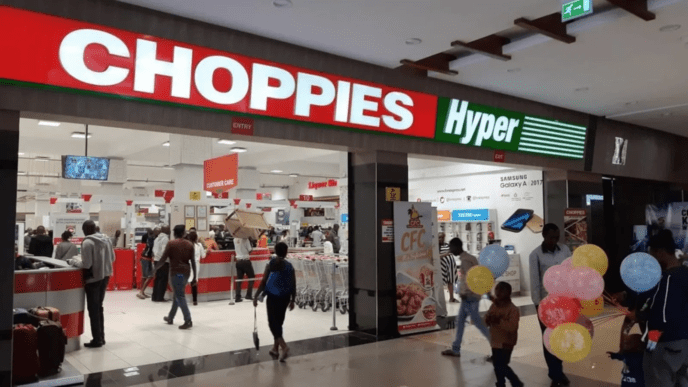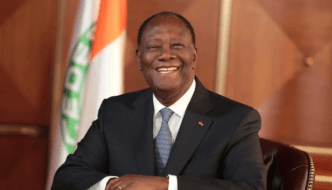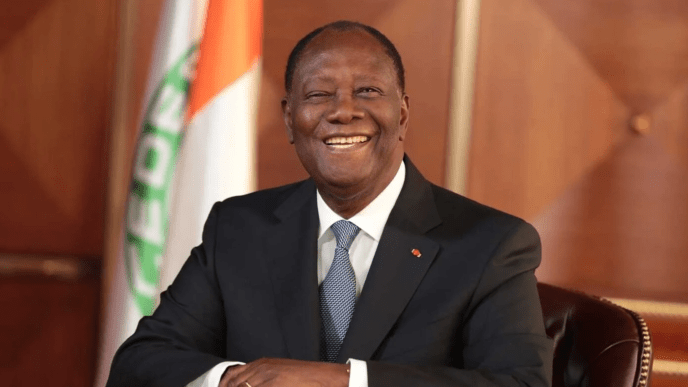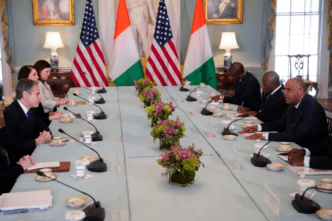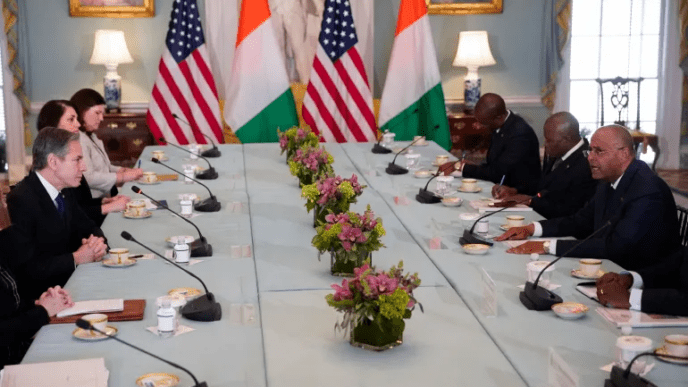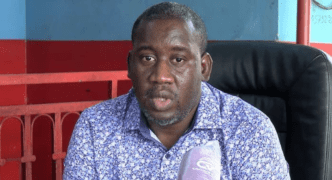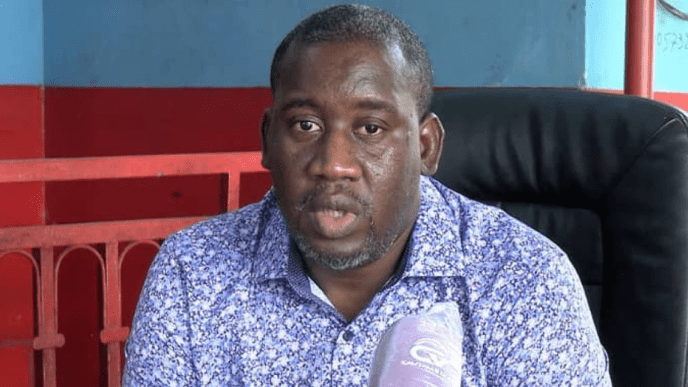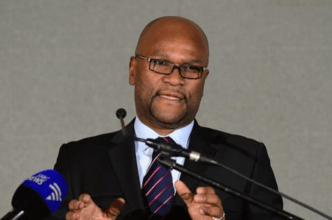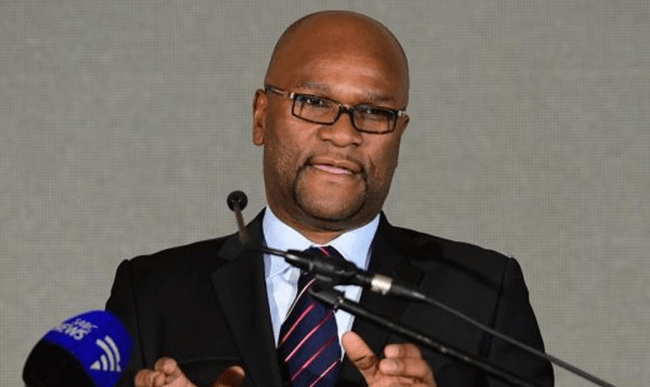KINSHASA, DR Congo – Rebels in eastern Democratic Republic of Congo fraudulently exported at least 150 metric tonnes of coltan to Rwanda in 2024, causing the largest recorded contamination of the Great Lakes Region’s mineral supply chain, according to a UN report.
The coltan, a key mineral used in smartphones and computers, began flowing into Rwanda after the M23 movement, a Tutsi-led group alleged to have Rwandan backing, captured the Rubaya area during intense fighting in April.
M23’s control over transport routes enabled coltan from Rubaya to mix with Rwanda’s own production, as documented in the report published by the UN Security Council’s Group of Experts on Wednesday.
“This constitutes the most important contamination of supply chains with ineligible … minerals recorded in the Great Lakes region over the last decade,” the report noted, referring to the mineral-rich area encompassing north-east DR Congo, Rwanda, and other nearby nations.
The report further revealed that the M23 rebels established a “mining ministry” in the territory under their control, monopolizing the export of coltan from Rubaya to Rwanda. This monopoly allowed the rebels to collect approximately $800,000 per month in taxes from coltan production and trade.
To sustain operations, the rebels doubled the wages of local diggers to maintain production while also forcing laborers to expand road networks for better truck access. Armed patrols ensured minerals were exclusively sold to authorized traders from DR Congo and Rwanda.
The contamination of the mineral supply chain creates challenges for global technology manufacturers, which face pressure to avoid using conflict minerals. In December, DR Congo filed legal complaints against Apple subsidiaries in France and Belgium, accusing the company of sourcing conflict minerals from the region.
Apple has denied the allegations, stating that its suppliers are prohibited from using minerals sourced from DR Congo or Rwanda.
The report has intensified scrutiny on the global supply chain and raised questions about the enforcement of ethical mineral sourcing practices in conflict zones.
Read More:
